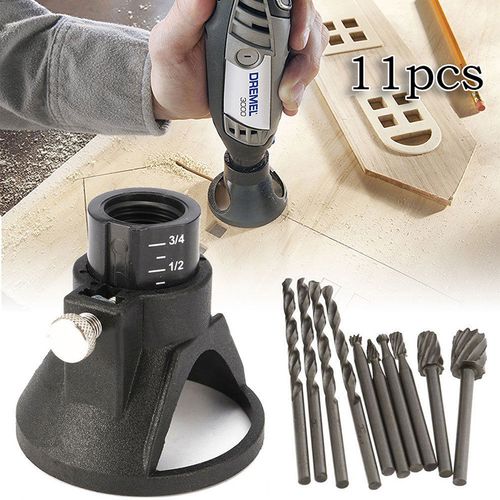
Carbide Drill Bits: A Comprehensive Guide
Carbide drill bits are a crucial tool in any workshop, offering precision and durability that traditional drill bits cannot match. Whether you’re a professional tradesman or a DIY enthusiast, understanding the intricacies of carbide drill bits can significantly enhance your drilling experience. In this article, we will delve into the various aspects of carbide drill bits, including their types, materials, uses, and maintenance.
Types of Carbide Drill Bits
Carbide drill bits come in a variety of shapes and sizes, each designed for specific applications. Here are some of the most common types:

- Twist Drill Bits: These are the most common type of carbide drill bits and are suitable for drilling holes in wood, metal, and plastic.
- Countersink Bits: These bits are used to create a countersink at the top of a hole, allowing for the insertion of screws without the need for a separate countersink tool.
- Spade Bits: Ideal for drilling large holes in wood, these bits have a wide, flat tip that allows for quick and easy drilling.
- Forstner Bits: These bits are used for creating precise, flat-bottomed holes in wood and are often used for making wooden templates.
Materials Used in Carbide Drill Bits
The performance of a carbide drill bit largely depends on the material from which it is made. Here are some of the most common materials used:
- High-Speed Steel (HSS): HSS is a popular material for drill bits due to its high strength and durability. It is suitable for drilling metal, wood, and plastic.
- Carbide Tipped: Carbide-tipped drill bits are made with a hard, wear-resistant carbide tip that is brazed onto a steel body. They are ideal for drilling hard materials like stainless steel and cast iron.
- Ceramic Tipped: Ceramic-tipped drill bits are used for drilling through high-temperature materials like titanium and Inconel.
Applications of Carbide Drill Bits
Carbide drill bits are versatile tools that can be used in a wide range of applications. Here are some of the most common uses:
- Woodworking: Carbide drill bits are perfect for drilling holes in wood, including hardwoods and softwoods.
- Metallurgy: They are ideal for drilling holes in metal, including stainless steel, cast iron, and aluminum.
- Plastics: Carbide drill bits can easily drill through various types of plastic, including ABS, polycarbonate, and polyethylene.
- Construction: They are commonly used in construction projects for drilling holes in concrete, brick, and stone.
Maintenance and Care
Proper maintenance and care can significantly extend the life of your carbide drill bits. Here are some tips to keep your bits in good condition:
- Use the Right Bit: Always use the appropriate bit for the material you are drilling. Using the wrong bit can damage the bit and the material.
- Keep the Bit Sharp: Regularly inspect your bits for dullness and sharpen them as needed. A dull bit can cause excessive wear and tear on both the bit and the material.
- Use Cutting Fluid: Applying a cutting fluid can reduce friction and heat, which can extend the life of your bits.
- Store Properly: Store your carbide drill bits in a dry, cool place to prevent rust and corrosion.
Table: Comparison of Different Carbide Drill Bit Materials
| Material | Hardness | Wear Resistance | Cost |
|---|---|---|---|
| High-Speed Steel (HSS) | High | Medium | Low |
Carbide Tipped
Related Postsfrench onion soup bites,French Onion Soup Bites: A Culinary Delight for Your Taste BudsFrench Onion Soup Bites: A Cul… bit lip sore,Understanding Bit Lip Sore: A Comprehensive GuideUnderstanding Bit Lip Sore: A … Like |



